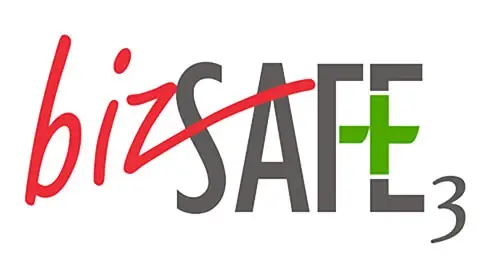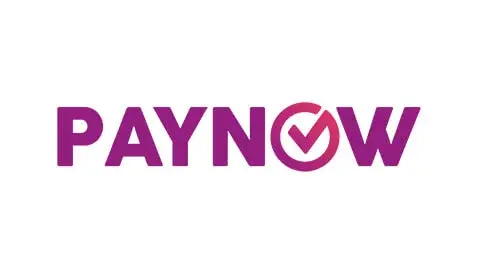NEET
The National Eligibility cum Entrance Test (NEET) is an entrance exam in India for students seeking admission to undergraduate medical and dental programs. Administered by the National Testing Agency (NTA), NEET serves as the gateway for various courses such as MBBS, BDS, and AYUSH (Ayurveda, Yoga, Unani, Siddha, and Homeopathy) programs in both government and private institutions.
Here’s a comprehensive overview:
1. Purpose:
NEET is designed to standardize the admission process to medical and dental courses across India, ensuring merit-based selection and transparency.
2. Eligibility:
- Age: Candidates must be at least 17 years old at the time of admission or before December 31 of the year of admission. The upper age limit is 25 years for general category candidates and 30 years for reserved category candidates (SC/ST/OBC-NCL/PwD).
- Qualification: Candidates must have completed or be appearing for the 10+2 examination with Physics, Chemistry, Biology/Biotechnology, and English as main subjects. They must have passed these subjects individually.General Category: Minimum 50% marks in Physics, Chemistry, and Biology/Biotechnology.Reserved Categories: Minimum 40% marks in the same subjects.PwD Candidates: Minimum 45% marks in the same subjects.
- General Category: Minimum 50% marks in Physics, Chemistry, and Biology/Biotechnology.
- Reserved Categories: Minimum 40% marks in the same subjects.
- PwD Candidates: Minimum 45% marks in the same subjects.
3. Exam Pattern:
- Mode: Pen-and-paper (offline).
- Duration: 3 hours and 20 minutes.
- Sections: The exam consists of 200 multiple-choice questions (MCQs) divided into three subjects:Physics: 50 questions (45 to be answered).Chemistry: 50 questions (45 to be answered).Biology (Botany & Zoology): 100 questions (90 to be answered).
- Physics: 50 questions (45 to be answered).
- Chemistry: 50 questions (45 to be answered).
- Biology (Botany & Zoology): 100 questions (90 to be answered).
- Marking Scheme: +4 for each correct answer and -1 for each incorrect answer.
4. Syllabus:
The syllabus is based on the NCERT curriculum for Classes 11 and 12 and includes:
- Physics: Mechanics, Electricity and Magnetism, Optics, etc.
- Chemistry: Organic Chemistry, Inorganic Chemistry, Physical Chemistry.
- Biology: Diversity in Living World, Human Physiology, Genetics and Evolution, etc.
5. Registration Process:
- Application: Candidates apply online through the NTA NEET official website.
- Fee: Varies based on category (approximately ₹1,700 for General, ₹1,600 for EWS/OBC-NCL, and ₹1,000 for SC/ST/PwD/Third Gender).
- Documents Required: Photograph, signature, and other relevant documents.
6. Exam Date and Centers:
- Typically held once a year in May or June.
- Conducted in various cities across India and a few international locations.
7. Results and Counseling:
- Results: Announced a few weeks after the exam, available on the NTA NEET website.
- Counseling: Conducted by the Medical Counseling Committee (MCC) for All India Quota seats and by respective state authorities for state quota seats.
8. Admission Process:
- All India Quota: 15% of seats in government medical colleges.
- State Quota: 85% of seats in government medical colleges and seats in private colleges based on state policies.
- Central and Deemed Universities: Separate counseling process.
9. Important Considerations:
- Reservation: Seats are reserved as per Indian government policies for different categories.
- Cut-off: Varies yearly and depends on the difficulty of the exam, number of candidates, and available seats.
- Preparation Tips: Strong grasp of NCERT concepts, regular mock tests, and focused revision.
Useful Resources:
- Official NEET Website: nta.ac.in
- NEET Information Bulletin: Contains detailed exam guidelines and is available on the official website before the exam.
- Previous Years' Question Papers: Helpful for understanding the exam pattern and level of difficulty.
NEET is a critical step for aspiring doctors and requires rigorous preparation and dedication. Good luck with your journey to becoming a healthcare professional!
- Author
- Utsav
- Published
- June 13, 2024
- Updated
- June 13, 2024





